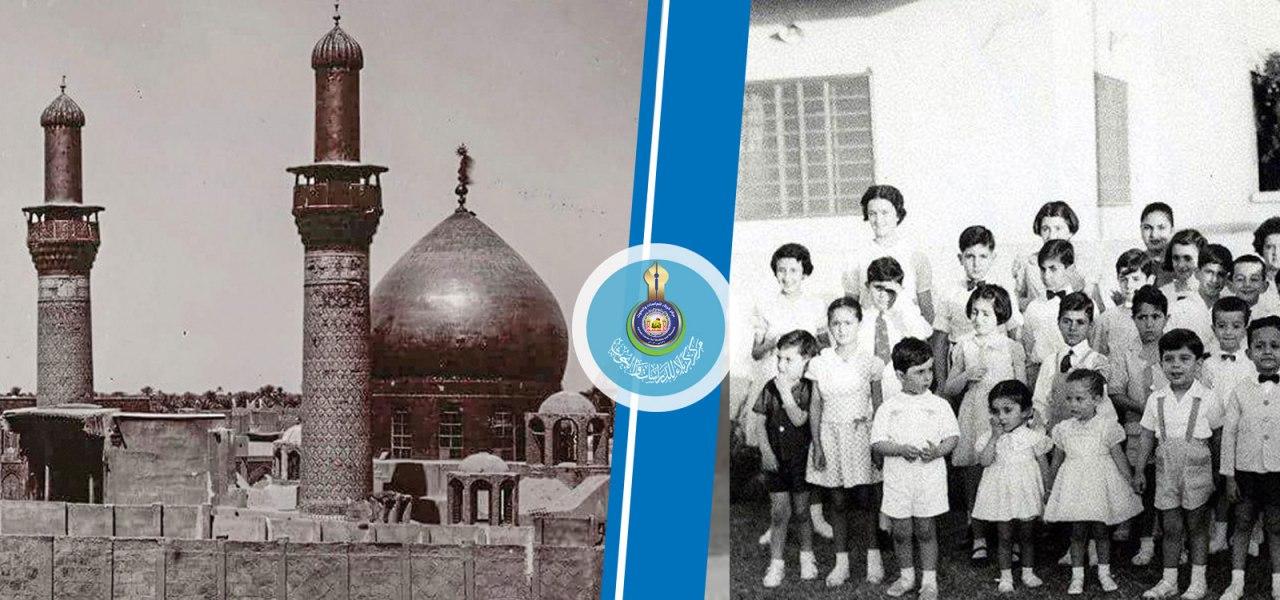Childhood is considered one of the most important and dangerous stages of a person’s life. Educational and psychological studies as well as medical and social research have emphasized the importance of early childhood and the need to take care of it as a formative stage in which the sound and strong foundation of the individual’s personality is laid. Hence, raising children and caring for them before the primary school stage is very necessary issue.
The need for kindergartens increased because of their importance in building the character of the child and reducing the burdens of Iraqi women who began practicing various tasks in government and private departments. The Ministry of Education granted authority to the local governorates for establishing kindergartens, as there were many of them with long-term schooldays so it be suitable with the need of working mothers.
The Ministry also limited the age of children who about to join kindergarten between four and six years as a stage in which the child can acquire any scientific skill if it was prepared correctly, especially those that contribute to building their personality.
Among the specifications observed on the class schedule of kindergartens, is that the ministry was interested in providing health care for children, which was conducted periodically in those kindergartens due to the ministry’s keenness and concern for the safety and upbringing of children in a strong and sound manner, taking into account teaching children about love and loyalty to the ruling party and to its leader back then.
Source:
Mawsueat Karbala Al-Hadharia "Karbala Civilizational Encyclopedia".
Publication of Karbala Center for Studies and Research
Intellectual Life, Governmental Education, [Vol. 5, P. 299-301].

